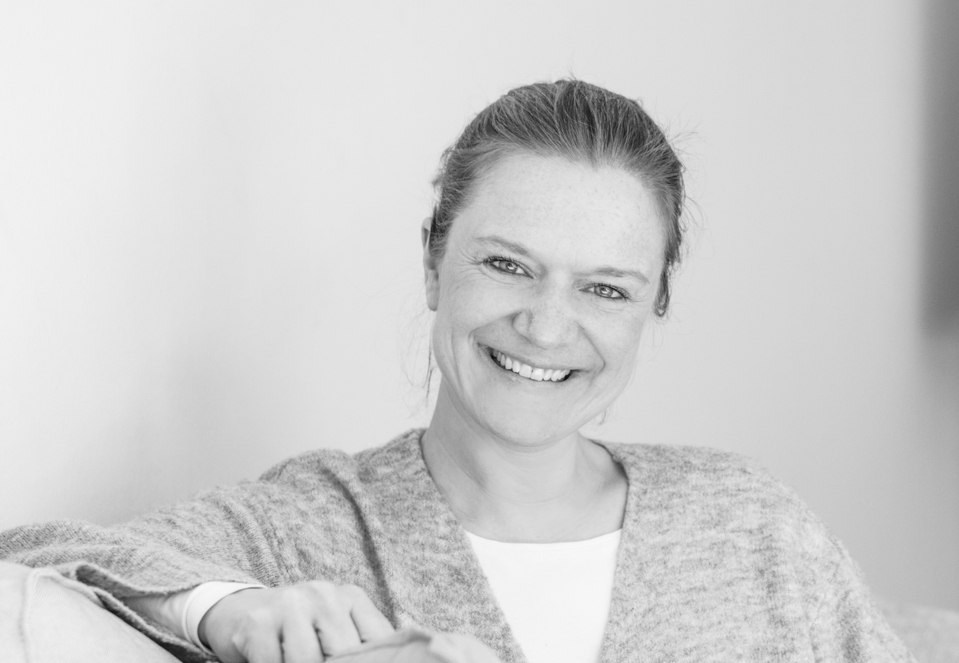
Returning to work after parental leave: These 4 tips from the expert help
Parental leave is coming to an end and the thought of how to return to work is becoming more and more present. Experience shows that this is like an emotional rollercoaster ride and is accompanied by many different feelings. Reconciliation coach Stephanie Poggemöller shows you which aspects are important for a successful return to work.
What do you have to consider when returning to work after parental leave?
There are many questions that come up with this big change in everyday family life. It is important to find answers to these questions together as a couple in order to create a good basis for a successful re-entry. The following four tips are helpful in making the return to work a success.
1. Be clear about what you want and why.
The reasons for returning to work can be very different. In many families, financial aspects are the main reason for returning to work. After all, if an income ceases after the end of parental allowance, it is often no longer possible to maintain the previous standard of living.
For some parents, it is important that each parent has their own income to ensure financial independence. Status and social recognition can also be motives for taking up a job again. For others, it is primarily about professional fulfilment because they are doing something they incredibly enjoy. The reasons for returning to work are very diverse, and that is a good thing. Because there is no right or wrong here.
However, it is important for every parent who plans to return to work to consciously ask themselves the question: WHY do I actually want to go back to work? The personal answer to this question forms the basis for all further steps on the way to returning to work and to a reconciliation model that suits you and you as a family.
2. Conduct a re-entry interview to create the right framework conditions
Once you have clarified why you want to work, the next step is to look at the "how". Consider exactly what your re-entry should look like and what framework conditions are needed for it. These points are the basis for a discussion you should have with your manager in preparation for your return to work.
Some helpful questions you can use to prepare for such a discussion are:
How long is my child looked after every day?
What travel times are involved?
How many hours per week can and do I want to work?
On which days of the week do I want to work?
Do I need the possibility to work in a home office?
Can I imagine going on business trips?
How do I envisage the content of my job in the future?
Write down the answers for yourself. They are a very valuable preparation for your re-entry interview. In the interview you can clarify with your manager which of the points that are important to you can be implemented and how. Beforehand, think about where you are willing to compromise and what is an absolute "must have" for you.
3. Fear of uncertainty - you are not alone
Going back to work is a big change. It is normal that fears and uncertainties can arise in such a process. At the time, I was also concerned with questions like:
Am I still capable enough for the job after parental leave?
Am I still up to date in terms of content?
What if new tools are introduced that I don't even know?
All these thoughts can make you feel insecure at first. Therefore, think about what you need to gain inner security. For example, write down which skills you have developed or perhaps gained during your parental leave.
Especially in the area of social and personal skills, parental leave is a great and intensive learning field. Skills such as communication skills, flexibility, empathy, adaptability and assertiveness are in demand. All of these are skills and strengths that can also be used profitably in the working world.
Another impulse is to ask yourself what or who you need to feel more secure in the first weeks on the job? Suggest to your manager that it would be helpful to have a buddy from the team who you can ask for support when you have questions about new tools or processes. Such a perspective can lower the nervousness level enormously.
4. Get your partner on board.
The future daily routine of family and work brings many changes. A return to work often means that the parent who has spent most of the parental leave at home is overburdened by the double burden of family and work. In order to prevent this often quite unconscious development, it is helpful to consciously deal with the redistribution and reallocation of all tasks and responsibilities that arise.
The following questions can help you as a couple to prepare for this:
How do we want to divide the financial and between us?
Who can contribute what share?
How many hours can and do we both want to work again after parental leave?
How long will our child be looked after?
Who will take it to school in the morning and pick it up again in the afternoon?
How will we share the housework fairly in the future?
When do we grant each other time off?
Who can support us in the outside world in our everyday work of reconciliation?
What discussions need to be held with the employer in order to create good framework conditions for our joint compatibility?
This is just a small excerpt of all the questions that are helpful in preparing for a successful return to work. After all, re-entry is the first important foundation stone for your reconciliation model. And precisely because reconciliation is a very complex and multi-layered system, it is worth taking a look at all the levels involved, such as finances, everyday organisation, self, family, career and partnership, in order to create an individual model based on this.

About the author:
Stephanie Poggemöller advises companies on Work & Family on the implementation of compatibility-friendly measures and supports (expectant) parents with all questions around re-entry, self-care and compatibility. In her view, there is not ONE way for ALL families, but only one for each individual. And finding this path together with the families is a matter close to Stephanie's heart.
Before becoming self-employed, the business economist and mother of two worked for over 12 years in the private sector in various positions in a large corporation. In addition, Stephanie is involved with REDEZEIT and offers families a free listening ear for current challenges. In her guidebook for returning to work, Stephanie reports on her own experiences and has many questions that will help you to plan your return to work in the best possible way.
